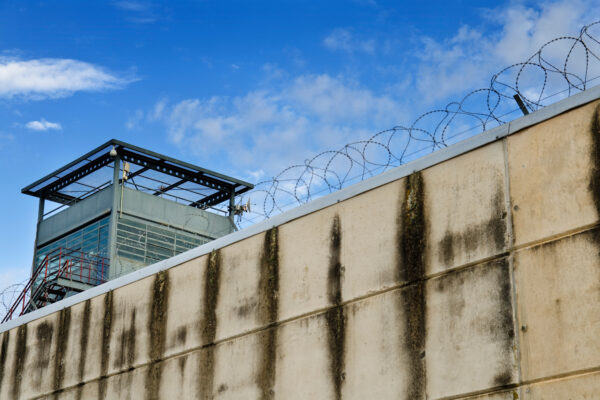Prisoners are a population with significant medical and mental health needs, but prisoner health care services are often abysmal, in many cases leading to needless suffering, disability, and death, as well as a serious threat to public health when contagious disease goes undiagnosed or untreated.
Prisoners’ rights to read, write, speak, practice their religion, and communicate with the outside world are often curtailed far beyond what is necessary for institutional security. Not only are these activities central to the ability of prisoners to retain their humanity, but they also contribute to the flow of information between prisons and the outside world and thus provide a vital form of oversight of these closed institutions.
Learn more here about your right to be protected against discrimination and abuse in prison and what to do if your rights are violated. The law is always evolving. If you have access to a prison law library, it is a good idea to research new developments.
Stay Informed
Sign up to be the first to hear about how to take action.
By completing this form, I agree to receive occasional emails per the terms of the ACLU’s privacy statement.
By completing this form, I agree to receive occasional emails per the terms of the ACLU’s privacy statement.

